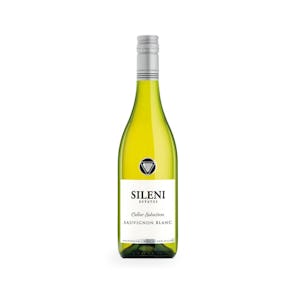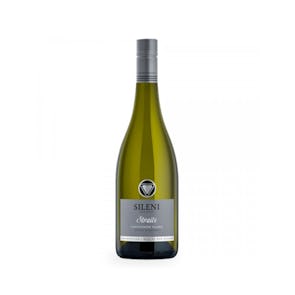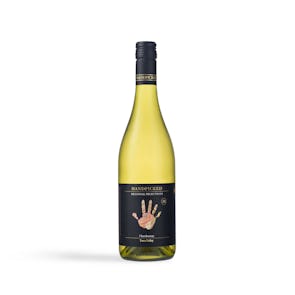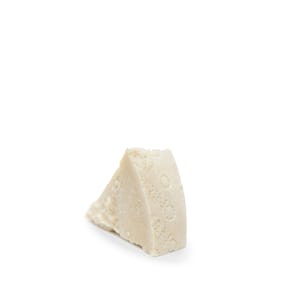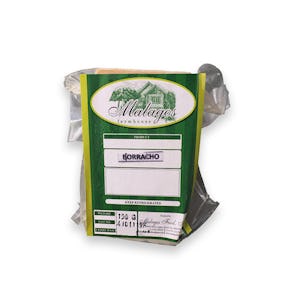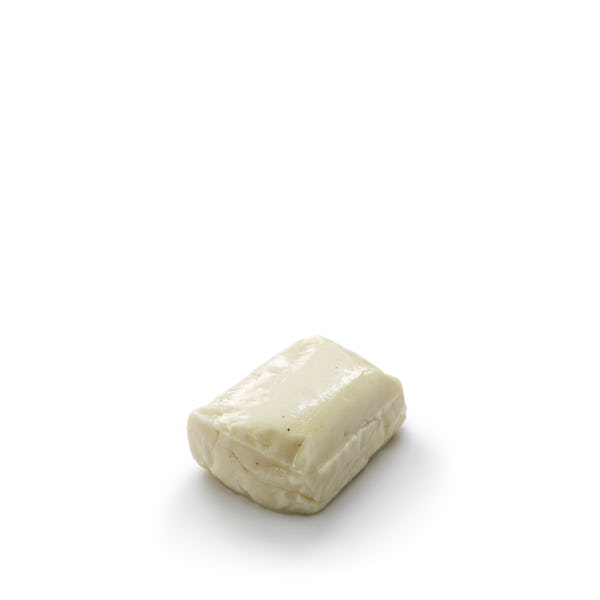


Halloumi PDO from Cyprus
A Mediterranean delicacy
(Thursday Feb 19 , 2026)
TASTING NOTES FROM THE CURATOR
Uniquely prepared without the use of any acid-producing bacteria, Halloumi has a firm, layered texture similar to mozzarella and feta, but with a strong salty flavor from the brine. It has no rind, and is a very bright white color, with a strong aroma.
Eaten on its own, it has a tangy, salty taste. But Halloumi is a popular cheese to cook, and doing so removes the saltiness and gives it a brilliant creamy texture. It is usually packaged garnished with mint, a throwback to tradition, when the cheese would be wrapped in mint leaves to make it possible to store it for long periods with the island’s hot climate.
PAIRINGS AND PREPARATION
On its own, this Mediterranean cheese is wonderful. But cooked, it shines its brightest. Since it has a high melting point, it is usually grilled (like for saganaki) or fried. You can cut it lengthwise instead, wrap it in bacon, and fry it—an easy finger food to serve guests for appetizers!
One popular summer dish is grilled Halloumi with slices or chunks of watermelon, whether as a salad or a light kebab. It is also an essential part of a Cyprus meze, where it is incredible paired with a cold beer. Stuff it between two pieces of sourdough, with tomato slices, some honey, butter, and harissa, and you have yourself an incredible sandwich.
On that vein, elevate your burgers by replacing your processed cheese squares with slices of Halloumi.
ISLAND PRIDE
The making of Halloumi is such an integral and proud part of the island of Cyprus. Farmers relied on the Mediterranean cheese as an important source of protein, and entire villages would come together to make huge batches of Halloumi.
It was a community effort. Recipes differed with each village, each taking pride in their own techniques and ingredients. But its importance to village life remained constant. So much so that many Cypriot family names, like Hallumas, Halluma and Hallumakis, echo their role in its production.
Storage Instructions
Cheeses (except brined ones in jars) should be stored in the crisper or the butter drawer of a refrigerator, not on the shelves themselves. This is to help regulate their temperature and humidity levels—and prevents the formation of mold. Once opened, they should not be kept in their original packaging. Semi-hard cheeses (including blues) should ideally be wrapped in cheese paper after opening. An alternative is to wrap them tightly in parchment paper to allow them to breathe, then loosely in aluminum foil to keep moisture out. Don’t forget to write up a label with the date you first opened the package. Replace the parchment paper every time you open the cheese, and it will be fine for up to one month, unless otherwise indicated on best before date.

